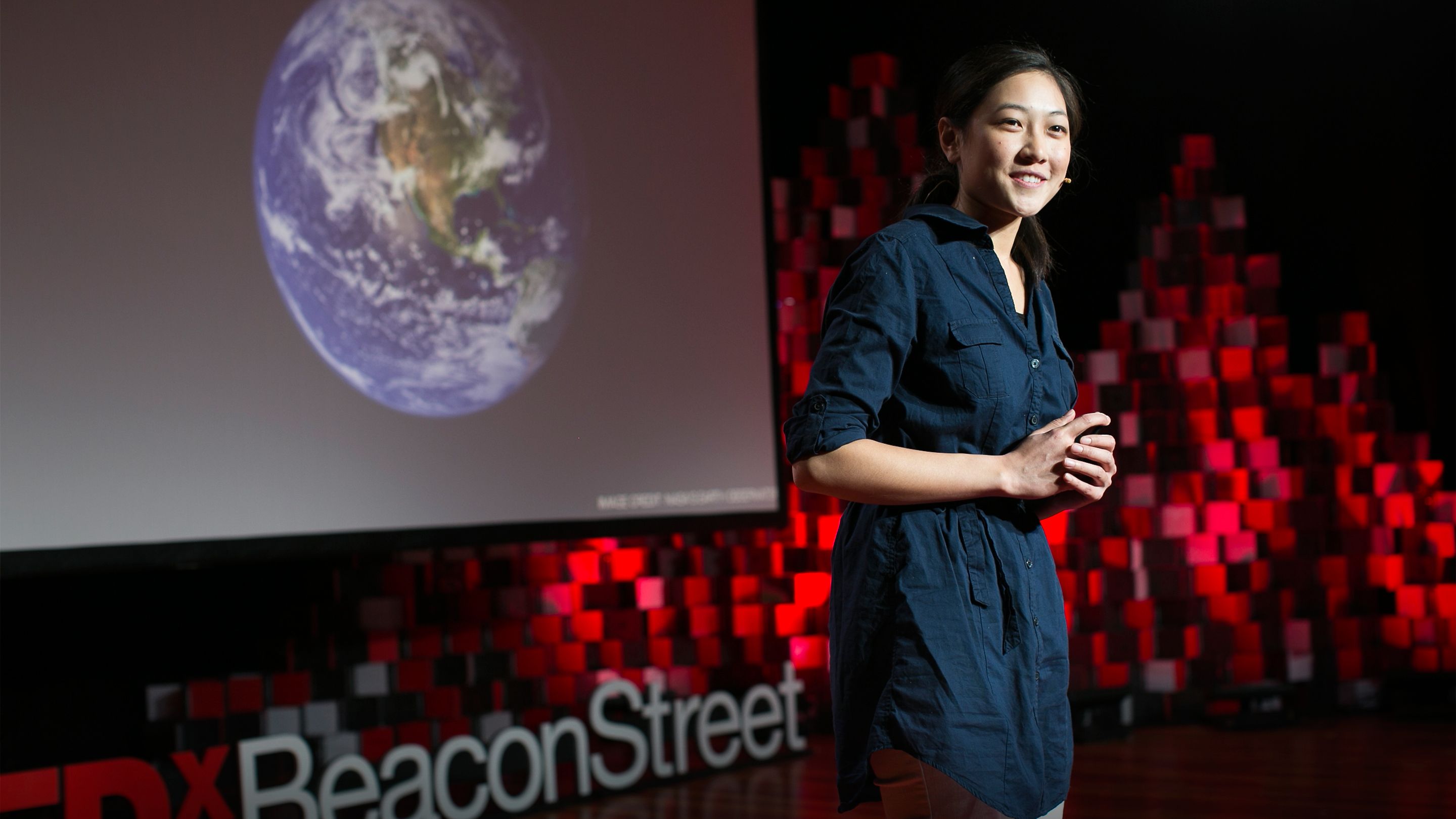How humans could evolve to survive in space
1,851,303 views |
Lisa Nip |
TEDxBeaconStreet
• November 2015
If we hope to one day leave Earth and explore the universe, our bodies are going to have to get a lot better at surviving the harsh conditions of space. Using synthetic biology, Lisa Nip hopes to harness special powers from microbes on Earth -- such as the ability to withstand radiation -- to make humans more fit for exploring space. "We're approaching a time during which we'll have the capacity to decide our own genetic destiny," Nip says. "Augmenting the human body with new abilities is no longer a question of how, but of when."
